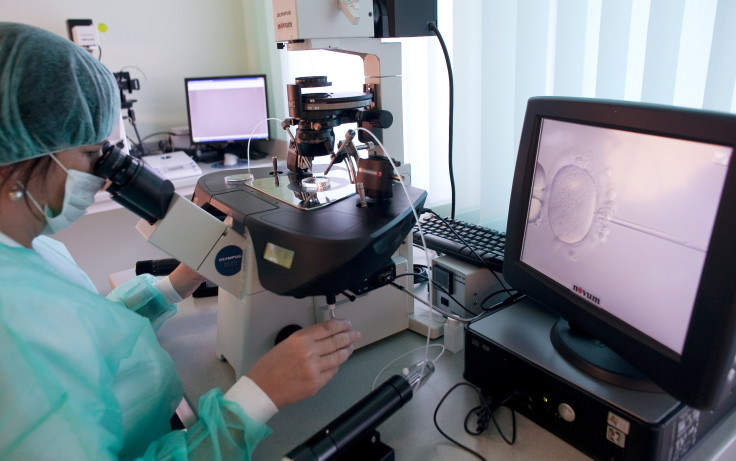Mother In Legal Battle To Seek Dead Daughter's Frozen Eggs

In a hope to conceive her dead daughter’s child, a mother has launched a legal battle for possession of her daughter’s frozen eggs. It is a first case that has been filed against an independent regulator’s refusal to allow the 59-year-old woman and her 58-year-old husband to take the eggs to a US fertility treatment clinic. In their defence, the couple has said that it was the last wish of their dying daughter, an only child who died of bowel cancer in her late 20s, that her eggs be fertilised by donor sperm and implanted into her own mother’s womb.
After being diagnosed with cancer, their daughter got three of her eggs frozen at IVF Hammersmith in west London in 2008 with a hope that she would be able to bear her own children sometime in the future. But before that could happen, she succumbed to the disease. Now, her parents want those frozen eggs to be exported from London to New York where a fertility treatment center has agreed to provide the required treatment to them.
However, the Human Fertilisation and Embryology Authority’s, or HFEA's, statutory approvals committee, or SAC, made the 2014 refusal decision to issue a special direction allowing the eggs to be removed from storage in London and sent to the US. According to them, there is insufficient evidence to show that the daughter wanted her mother to use donor sperm to carry her child.
In their argument, they say that the couple’s daughter had completed a form that gave consent for the eggs to be stored for use after her death but failed to fill in a separate form that indicated how she wished the eggs to be used. Hence, there is technically no written valid consent.
Before she died in 2011, the young woman is said to have asked an unnamed doctor whether someone with a stoma such as herself could carry a child. The doctor confirmed it was possible. The SAC minutes, a reported conversation with her mother, is the only strongest evidence that confirms her wishes that say the young woman wanted her mother to "carry her babies ... in the context of her not expecting to leave hospital alive." According to her mother, it was then agreed that if her daughter could not carry a child "I would do it for her."
There is a lot of risks involved with IVF for women who have gone through the menopause and are over 50 years, and hence, no UK clinics are prepared to carry out the treatment.
To contact the writer, email: ruchira.dhoke@gmail.com





















